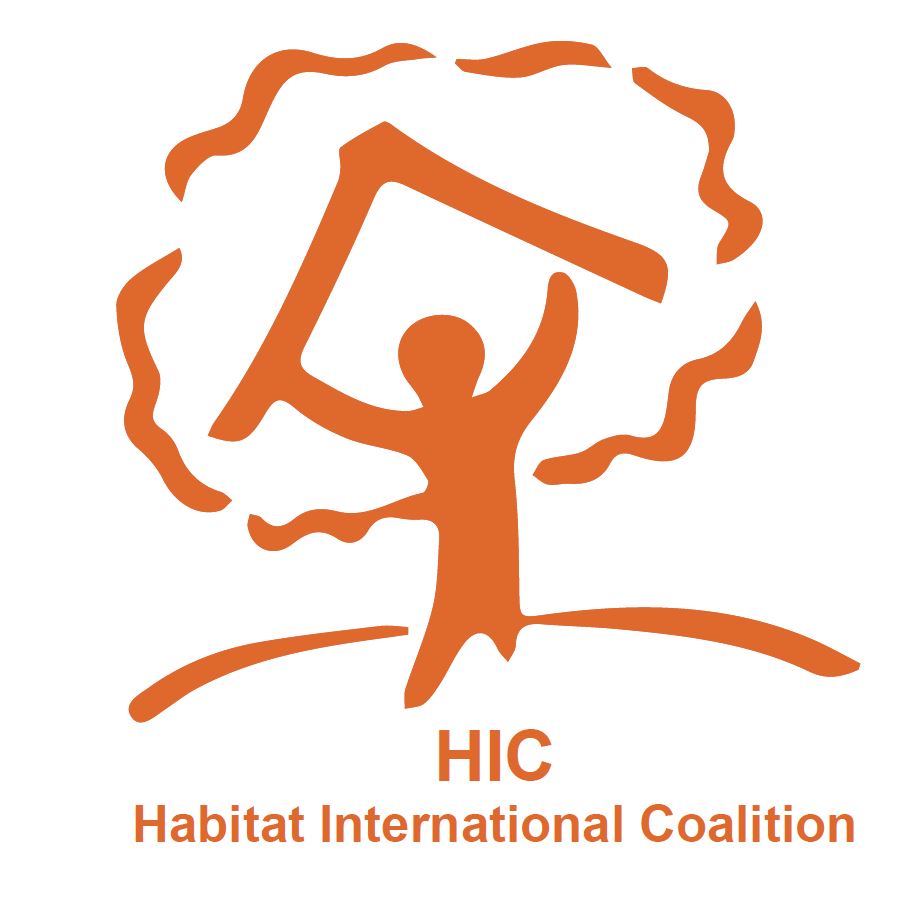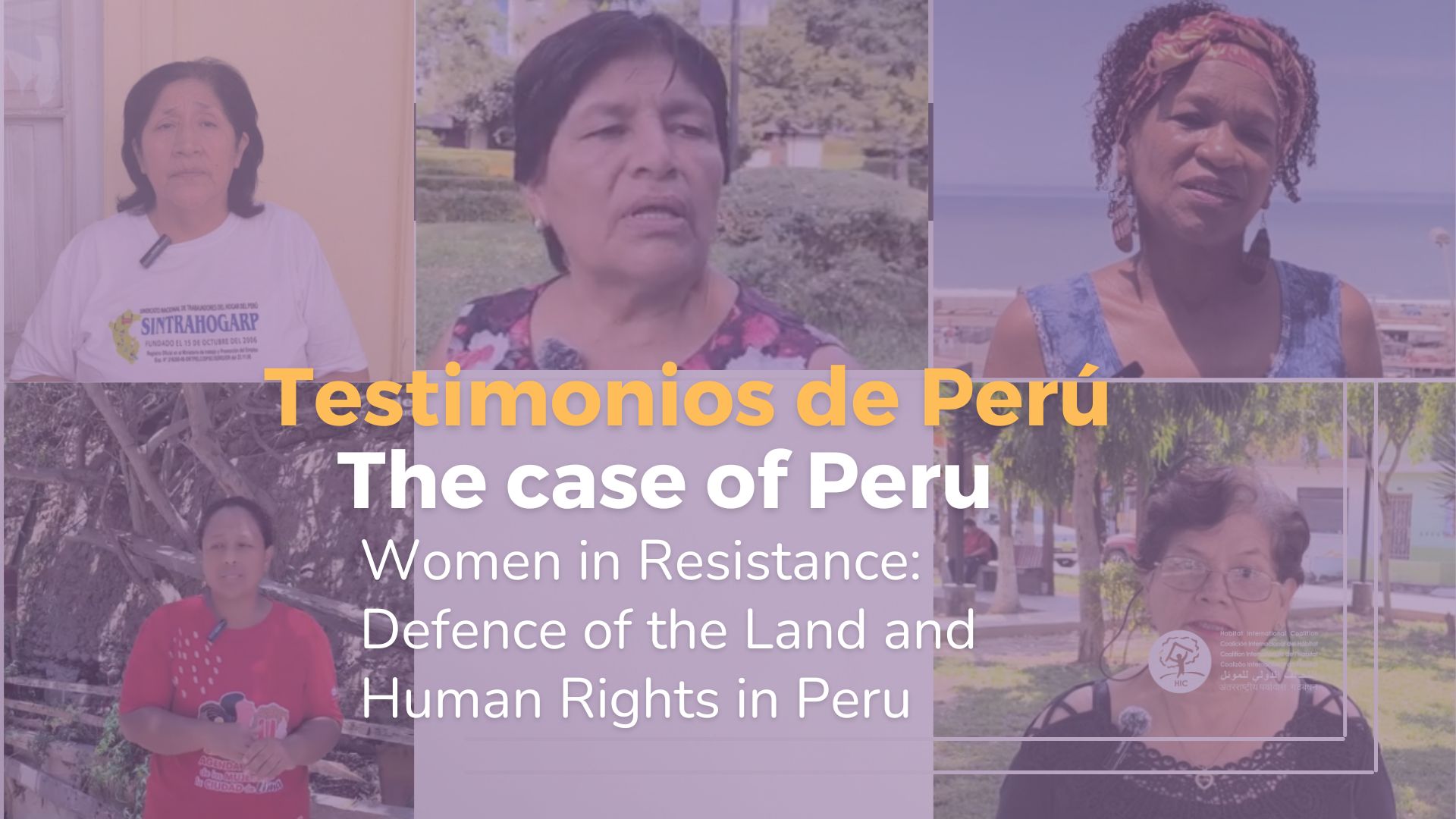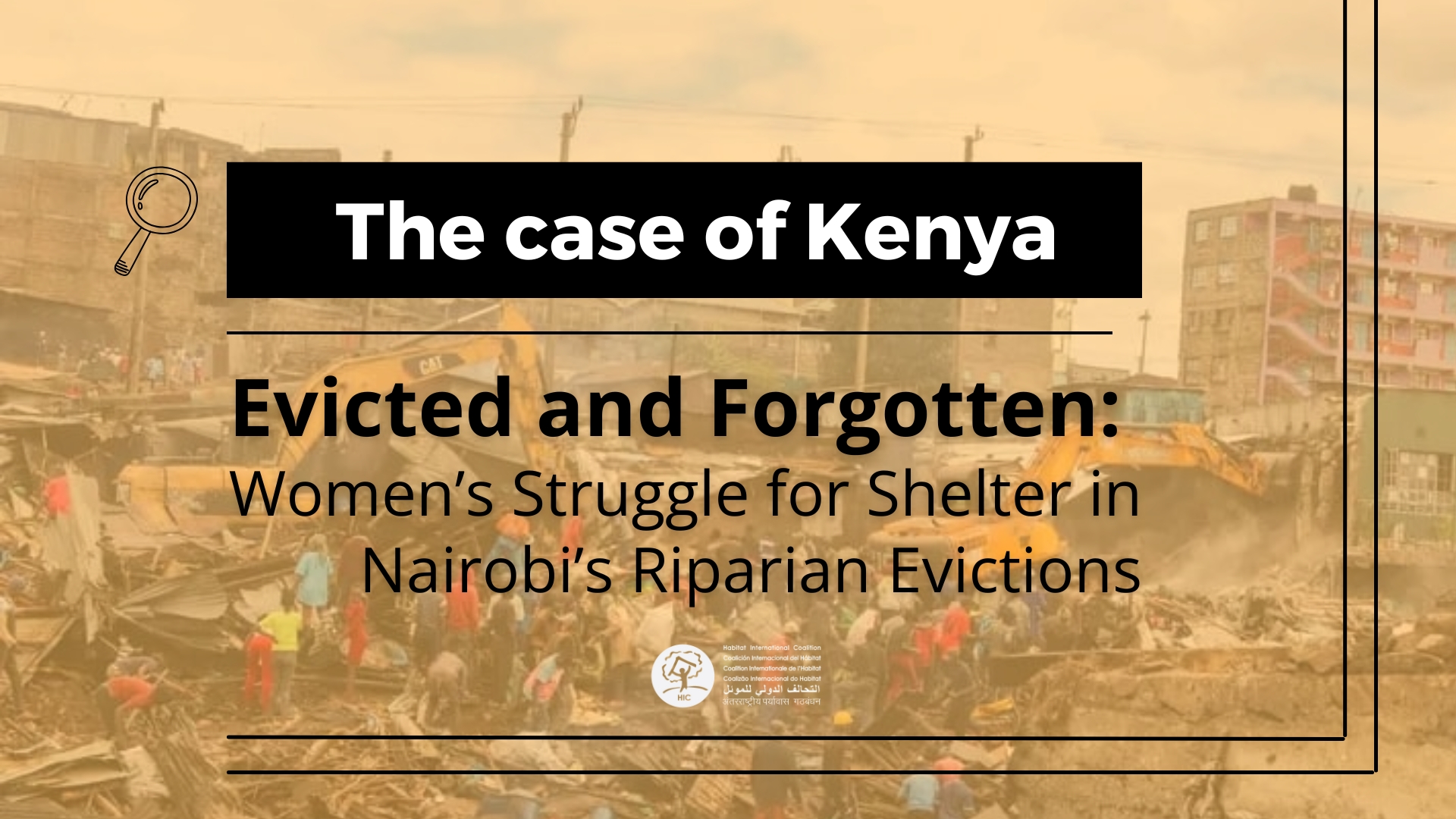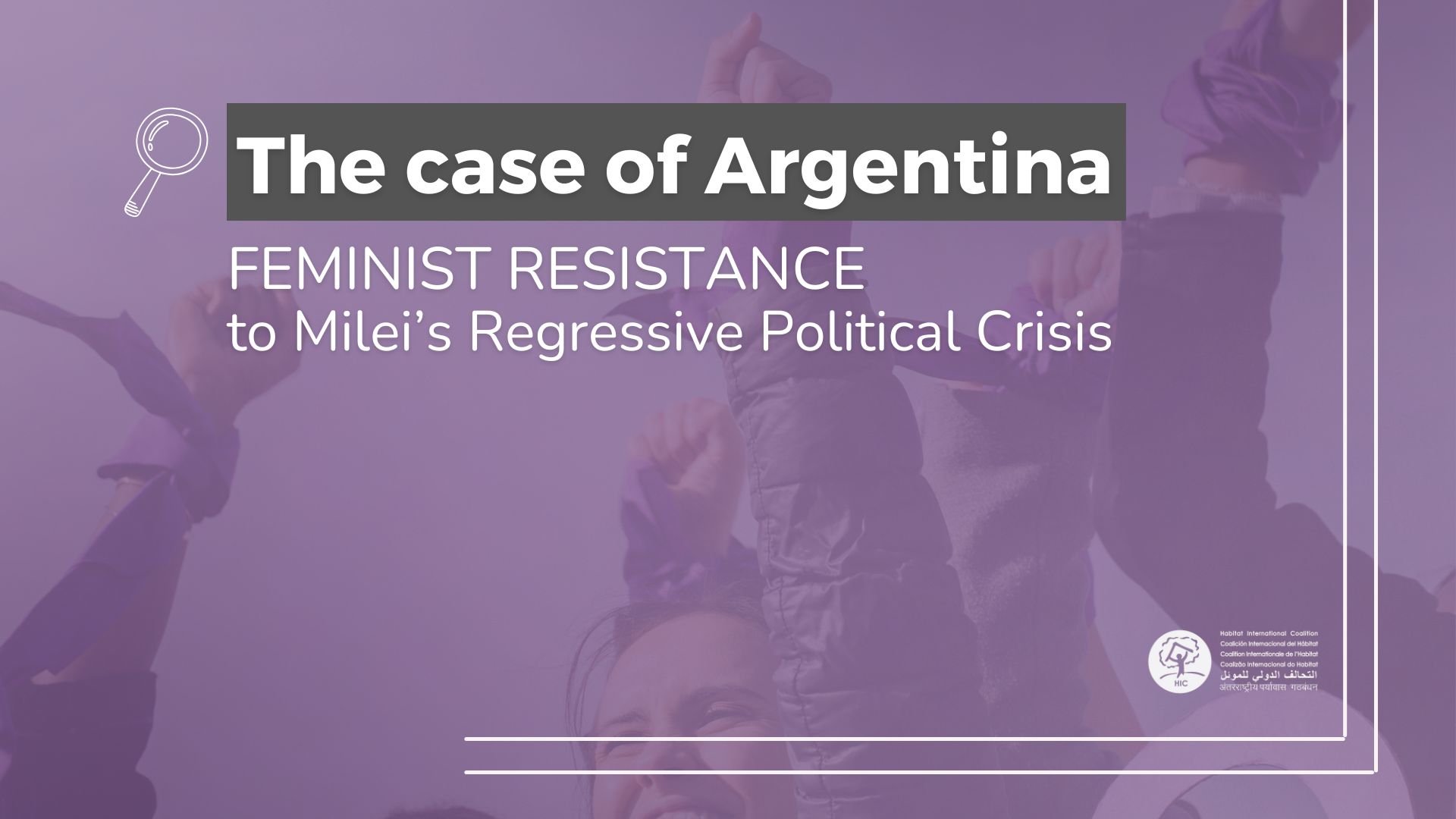The “New Urban Agenda” (NUA), adopted in October 2016, called for “an evidence-based and independent assessment of UN-Habitat” during the General Assembly’s 71st session. The NUA laid out broad terms of reference (ToRs) for that assessment to review four aspects of the agency’s capacities:
(a) The normative and operational mandate of UN-Habitat;
(b) The governance structure of UN-Habitat, for more effective, accountable and transparent decision-making, considering alternatives, including universalization of the membership of its Governing Council;
(c) The work of UN-Habitat with national, subnational and local governments and with relevant stakeholders, in order to tap the full potential of partnerships;
(d) The financial capability of UN-Habitat.
One of the most-encouraging aspects of the Panel’s remit was its mandated review of the combined normative and operational dimensions of UN-Habitat, an aspect missing in previous evaluations. Most welcome are the Panel’s recommendations that both NUA implementation and UN-Habitat operations further integrate states, civil society and local governments/authorities, while giving reasons why that broader partnership and greater resources are indispensable for the
agency’s integrity and NUA success.
The Assumptions
The report supports several assumptions as forming the context for assessing UN-Habitat’s capacities:
1. The urban transition will be more or less complete in fifty years, which is the urgent basis for promoting UN Habitat’s urbanization agenda to member states;
2. Critical global challenges (e.g., climate change, social exclusion) manifest more in urban areas than elsewhere;
3. The development world has neglected the phenomenon of urbanization, and the NUA corrects that shortcoming;
4. Certain demographic characteristics such as urban poverty and the associated increase of informality are on the rise, while rural poverty is declining;
5. The concept of a “hard rural-urban dichotomy” is diminishing, and Habitat III has delivered a new revelation about
the territorial and functional linkages;
6. Sustainable urban growth and economic prosperity are mutually dependent on each other;
7. While UN-Habitat has strayed from its normative work, the creation of a new UN mechanism to coordinate urbanization efforts outside of the normative frame would enable UN-Habitat to restore its normative compass.
Some of these assumptions are subject to challenge. For example, the report does not provide the evidence or meaning of the apparent full urbanization envisioned in the middle of the 21st Century. It does not recognize the narrowing of the current New Urban Agenda (NUA) from its more integrated Habitat Agenda predecessors, while ignoring the
divisive consequence of the UN-Habitat leadership’s attempted focus on an urban-only agenda, and then treating the rural-urban symbiosis as if it were a new discovery of the Habitat III process. The Panel’s report opens by supporting the UN-Habitat leadership’s dubious claim that the development world has been slow to respond to the phenomenon of urbanization. The lack of historic memory weakens the assessment further by leaving UN-Habitat’s normative framework undefined.
The Panel’s continuation of UN-Habitat’s disregard for the content and commitments of Habitat II must be seen as a basis for the assessment’s unfounded assumptions 2 and 5 above. That same omission in the UN-Habitat leadership and Habitat III Secretariat also accounts for untold resources required and spent by many partners to rehabilitate the Habitat III narrative toward a recognition of the inter-related rural and urban dimensions of human habitat.
The Normative and Operational Mandate
The report, like UN-Habitat leadership, does not convey sufficient understanding of the normative framework for specialized organizations of the UN, in general, arising from the UN Charter, or for UN-Habitat, particularly as it has related to the Habitat Agenda. While seeming to value “mainstreaming,” integration and coordinated implementation of its normative mandate in UN-Habitat’s operations, the Panel does not identify that normative mandate, address the cause of the agency’s apparent inability to live up that mandate, nor propose corrective measures.
However, the Panel recommends the establishment of a new mechanism (UN-Urban) to coordinate NUA implementation, which supposedly would enable UN-Habitat to find its normative compass.
A formal commitment of UN-Habitat to the relevant norms and standards came in the form of a 2013 policy document that considered the human rights-based approach to development as a “novelty.” It proposed the establishment of a Human Rights Advisory Group to bring human rights issues to the attention of UN-Habitat’s Executive Director and senior management, provide advice on human rights policies, strategies, programs and projects, as well as facilitate relevant strategic alliances. That more-ambitious commitment ultimately devolved as a desk in the UN-Habitat Secretariat’s Project Office, suggesting that the normative framework would apply precisely to earmarked funding for projects. This development, unmentioned in the report, poses a contradiction that deserves explanation, but the Panel offers none.
The Governance Structure
The Panel’s report states that “[t]he task of ensuring the mainstreaming of NUA implementation throughout the UN system is a large one, and arguably not one that aligns well with the advocacy and normative work that UN-Habitat needs to undertake” (para. 56). While “mainstreaming,” integration and coordinated implementation of global policies is the task of every specialized UN organization, the report does not make clear how or why that task is particularly difficult for UN-Habitat and/or how and why such task does not align well with its combined advocacy and normative work. However, the
Panel recommends changes in the governance of UN-Habitat as a measure to meet the challenges of its mandate.
The Panel identifies some problems with UN-Habitat reporting on operational projects as “limited to client countries, so that information submitted to the GC [Governing Council] does not include full details on performance” (para. 33). Notably, the Panel also omits to consider the consistent absence of UN-Habitat reporting on implementation of the Habitat Agenda since 1996, despite the agency’s annual submissions to both ECOSOC and the General Assembly. Although the Panel does not explore the problems or potential solutions to shortcomings of UN-Habitat reporting content, the capacity question is less related to governance structure than to a lack of will and vision along the reporting chains (through the GC, ECOSOC
and GA).
The Panel concludes that the current governance model suffers from systemic problems that affect the agency’s accountability, transparency, efficiency and effectiveness. Without substantiating detail, the informed reader will know that the problem is not for lack of sufficient governance structure, but content and function.
The Panel’s governance proposals seem to be restatements of those presented by UN-Habitat leadership. However, they appear isolated from the higher-level recommendations for reform of the UN Sustainable Development System aligned with UN norms.
The Panel does specifically propose that the UN establish a new UN-Urban coordinating mechanism “to perform the work of coordinating all the partners involved for support beyond the functions it envisions for UN-Habitat,” within a wider UN reform. The Panel envisions this new structural layer to operate similarly to UN-Water or UN-Energy, whereas such a mechanism “would create the space for UN-Habitat to focus on, and refine its normative mission, emphasizing the central SDG and NUA mandate to ‘leave no-one behind’.”
While the purpose of such a new body sounds noble, the Panel does not provide sufficient rationale. Foreseeably, such a new structure automatically would compete with UN-Habitat, generating precisely the inter-agency tensions that UN reform is supposed to reduce. Notably, it would long generate various levels of confusion for each, as well as for prospective donors and other partners. In any case, such a new organ should not function as the UN’s new “urbanization marketplace,” with even less operation of the normative UN framework than the current UN-Habitat. In this aspect, the proposal’s apparent delinking of Nairobi and New York raises too many hazards to leave to chance, and to begin considering such a proposal would require far more specificity than the Panel offers.
The Panel endorses the UN-Habitat leadership’s foregoing proposal to increase the GC to full membership of all states in the UN system, with a small, strong Policy Board. Expanding numerical membership cannot compensate the need for higher quality and more publicly interested engagement in the global habitat policy and its implementing mechanisms. Gone is the former commitment to a Human Rights Advisory Group to bring human rights issues to the attention of UN-Habitat’s Executive Director and senior management, provide advice on human rights policies, strategies, programmes and projects, as well as facilitate relevant strategic alliances.
Financial Capability
The Panel report tells us that “Broadly, UN-Habitat’s normative work is supported by non-earmarked core funding” (para. 29). That implies that the agency is not expected to operationalize its normative framework in specific projects and earmarked contributions. Meanwhile, the report explains this apparent mission failure by noting that the “need”
for UN-Habitat “to chase funds has caused it to stray from its normative mandate” (para. 41). Together, these assertions only provoke more unresolved questions, not least about the source of this problem.
The Panel asserts that most of the current investment into urban areas comes from the private sector and corporate interests (para. 14). The Panel points out also that the UN Development System, in general, “has to move beyond a focus on
intergovernmental transfers,” while ensuring that both public and private funding be subject to democratic oversight, protects the commons, respects human rights, and is aligned with the 2030 Agenda for Sustainable Development
and the Sustainable Development Goals (SDGs).
Amid this dilemma, the Panel recommends the establishment of a new, catalytic Global Trust Fund to support “UN-Urban,” while UN-Habitat (separately?) develop a strategy for cooperation with multilateral banks, financial institutions, and private sources of finance in order to increase the available resources for inclusive and sustainable urbanization. It might help if the Panel were to explain how to avoid apparent contradictions among these parties, especially how to meet the
urgent need for restoring and applying the norms, including human rights criteria, across the public and private institutions. The report does not acknowledge the serial controversies arising from UN-Habitat’s unholy alliances
with such partners as the water-privatizing Coca-Cola Corporation and notoriously antidemocratic Scroll of Honor awardees.
Realizing the Full Potential of Partnerships
In the Panel’s view, UN-Habitat needs to mediate conflicts between powerful development interests and powerless informality, and to ensure that marginalized communities and the civil society groups representing them are given due consideration, with a seat at the table, where possible, in the development of urban policies and decisions around planning. However, in the same paragraph, the Panel suggests that the private sector should be asked to “develop their own responsibility norms” accordingly (para. 74). In this one stroke, the Panel not only offers an unworkable model, but also shows its isolation from the normative frameworks already existing and under development. That omission takes us far from the prospect of restoring the missing P—the popular dimension, including the NUA-endorsed social production of habitat—in arrangements for development otherwise limited to public-private partnerships (PPPs).
While the Panel’s recommendation for greater involvement of civil society and local governments/authorities may bring beneficial inputs, the details of such participation remain the subject of further consideration of modalities and available models to develop the appropriate formula for civil society and social movements´ engagement with “the UN-Habitat we want.” The HIC Human Rights Habitat Observatory offers to be a source of strategic thinking toward that eventuality, including specific recommendations to come.
* Click here to download the document.



